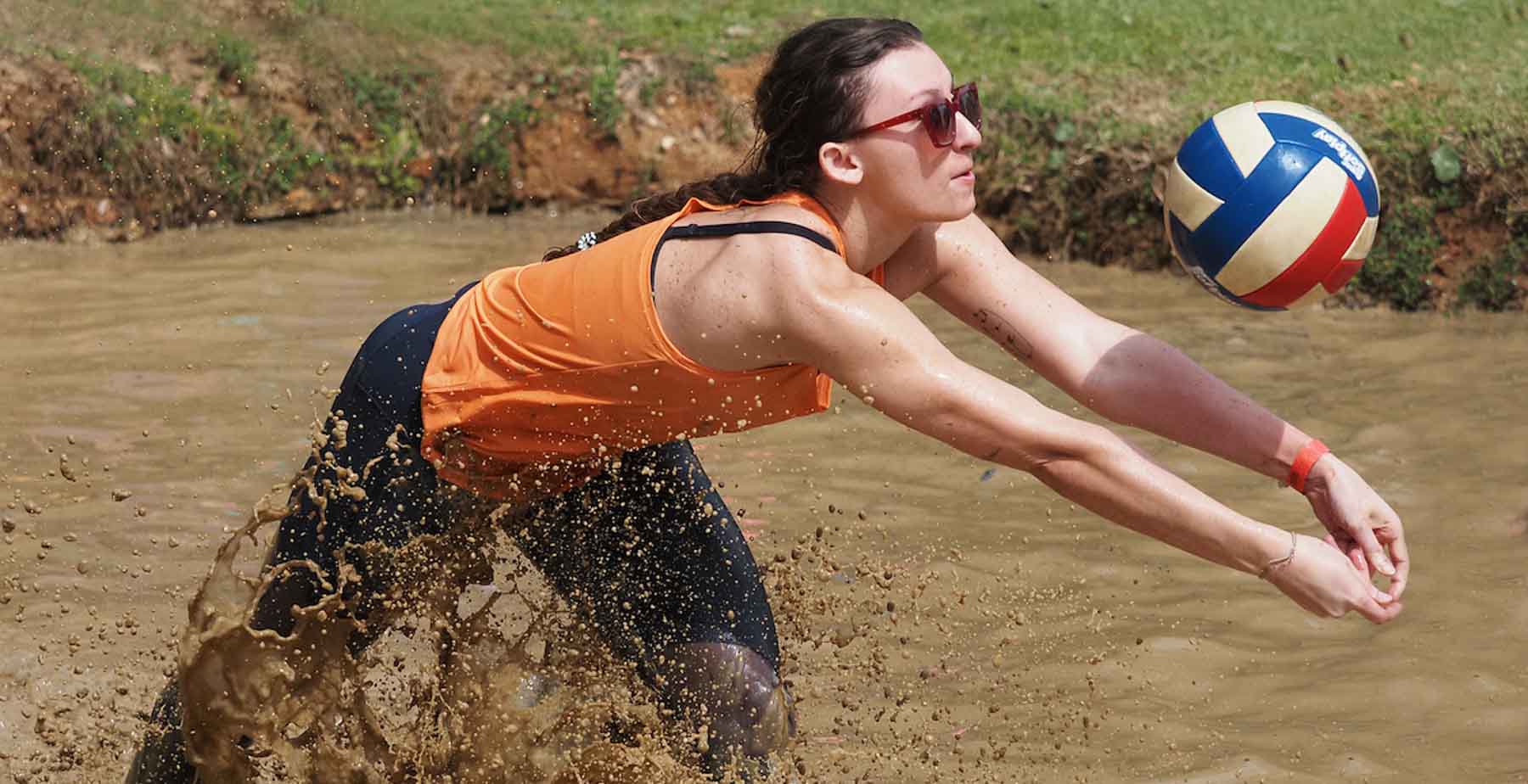Redesigned Courses Promote Active Learning
Posted on March 9, 2017

Research studies consistently show that university students learn, engage and retain information better when there is active learning in the classroom or online. Instead of just listening and memorizing, in active learning environments students are part of a process of engagement that includes problem solving, critical thinking and effective collaboration. This research motivated USA’s 2015 launch of an initiative to help students engage more with course content, both in online courses and in the classroom.
The Active Learning Initiative at South Alabama (ALISA) is in its second year of a three-year pilot program, through which a number of faculty members have used technology to redesign their courses. Each course presented by 10 selected faculty members received $10,000 to fund design or redesign and development. And the results are in: ALISA is already improving the success rate in undergraduate courses.
“We are pleased with the efforts of the selected faculty,” said Sue Mattson, assistant director for course development at the Innovation in Learning Center, home to the ALISA initiative. “They are using the best technology and learning strategies, and they are included in every component of their courses to help the students have a more engaging classroom and online experience. We are extremely pleased that students are doing well in the classes and this process has improved student outcomes. And we are not surprised that students are learning the material more deeply and engaging more in the learning process.”
Leigh Delaney-Tucker, senior instructor of biology and life sciences, and Dr. Cris Hollingsworth, associate professor of English are two of the faculty members who were selected in the program.
“I had lectured the traditional way by presenting the information while the students took notes,” Delaney-Tucker said. “Now I’m using these great learning strategies during my course redesign. I have incorporated digital technology called “MindTap,” which is a publishers online system, and “mini-flipping,” which changes the traditional process by flipping from a lecture/homework model to providing the lecture materials in advance of the class or online session.”
Darrell Williams, a junior strategic communications major in Delaney-Tucker’s biology class, says the new technology provided a great experience.
“I learn better in groups,” he said. “The class was very engaging. Through videos and these learning strategies, I got excited and wanted to coordinate study groups where I could continue the great discussions with my classmates after class.”
Hollingsworth said the redesign’s primary success is providing a superior learning experience for faculty and students. He noted the redesign of his course did not seek to eliminate the unique strengths and irreplaceable role of the traditional humanities classroom.
“Dr. Mattson and other ILC staff members have helped me create and organize two learning tools that support and improve the classroom experience,” he explained. “In this platform, students view and comment on short instructional videos custom made for the course. A series of “reading journals” incentivize regular preparation and make a place for written feedback, and the sharing of ideas and interpretation. By listening to the “voice thread” responses, it has given me a new and sharper view of student understanding. The variety and inventiveness of these responses has opened my eyes.”
Joshua Jones, a graduate student in the department of English, is currently assisting Hollingsworth. He said ALISA has allowed the faculty to take risks that have improved learning in and out of the classroom.
“I am enjoying using the different platforms to improve learning and collaboration in the classroom and online,” Jones said. “The students and I are close to the same age. I can see the growth of the students, and I am learning alongside them.”






